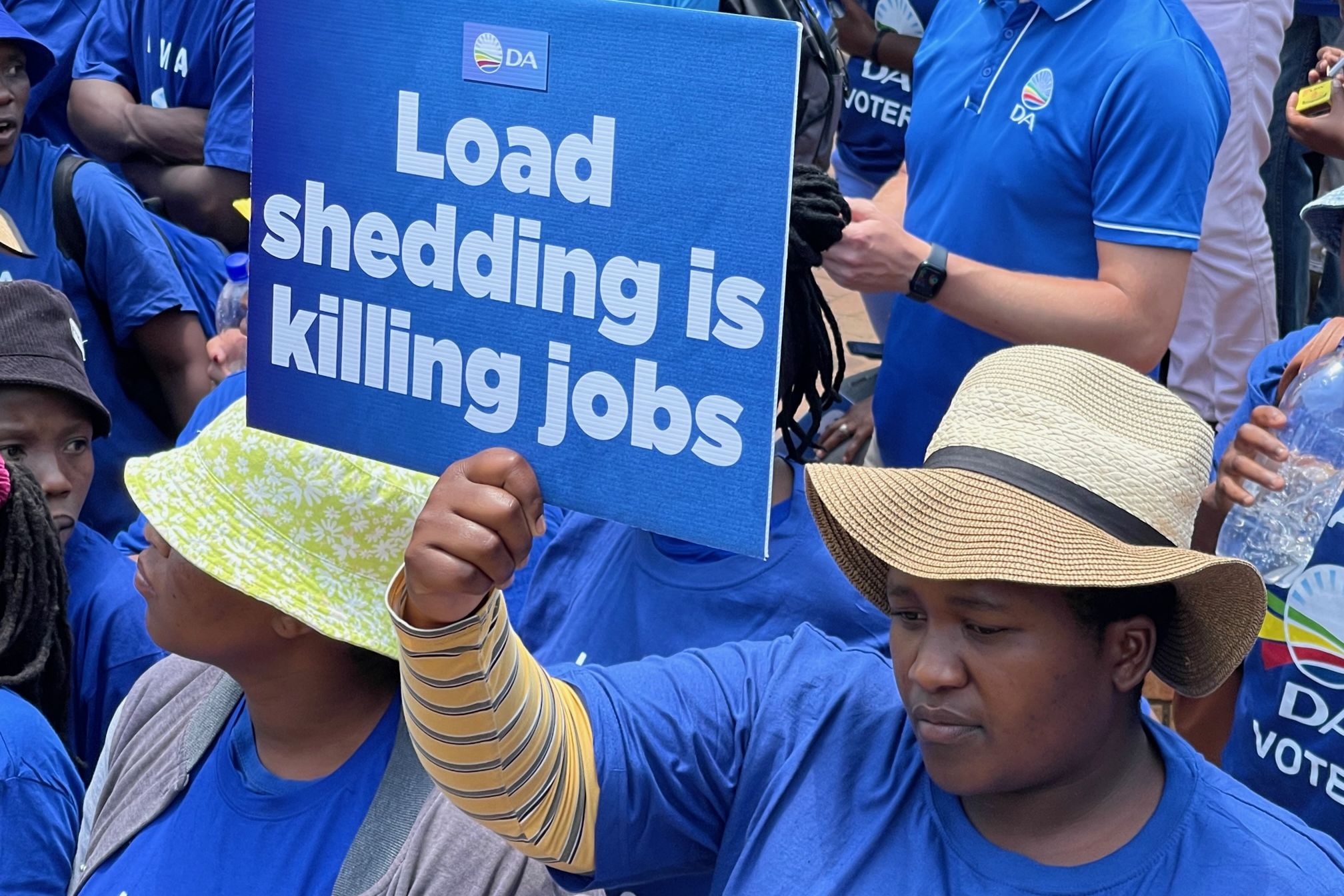The Shock Verdict: North Gauteng High Court Rules All Hospitals, Clinics, Schools and Police Stations Should be Spared from Electricity Disruptions
Key Highlights :

In a shocking ruling, the North Gauteng High Court in Pretoria has ordered the Minister of Public Enterprises Pravin Gordhan to take all reasonable steps within 60 days to ensure that public health establishments, state schools and the South African Police Service are not affected by load shedding. The ruling comes as a result of a legal bid launched by the United Democratic Movement (UDM), Inkatha Freedom Party, Action SA, the National Union of Metalworkers and other organisations to spare hospitals, clinics, 23 000 public schools and police stations from load shedding.
The sheer number of facilities that would have to be excluded from load shedding would put immense strain on the system, and former Eskom CEO André de Ruyter had previously warned that halting load shedding to hospitals, schools and police stations could trigger a national blackout. Eskom had also contended that it will be technically impossible to isolate and exclude some buildings from load shedding, given how embedded they are in Eskom's transmission and distribution networks, and that they share distribution lines with thousands of other customers.
But Friday's judgment notes that where it's impossible to isolate embedded buildings and spare them from load shedding, Gordhan must ensure that generators and other alternate energy supplies are secured to ensure uninterrupted power. The judgment found that there had been repeated breaches by the state of its Constitutional and statutory duties and that these breaches infringe citizens' rights to healthcare, security and education.
The UDM and other organisations had also applied to exempt water and sanitation services, small businesses that deal in perishable goods, and cellphone networks from load shedding, but the judgment only focused on education, health and policing facilities.
The court has reserved judgment on Part B of the case, which calls for president Cyril Ramaphosa to be held legally responsible for the human cost of load shedding. The court's ruling is a major victory for the organisations who launched the bid, and could potentially improve the quality of life for countless South Africans who rely on the services of hospitals, clinics, schools and police stations.
It is hoped that the ruling will be implemented quickly, and that it will lead to a more reliable electricity supply for those who need it most. The ruling also serves as a reminder of the importance of upholding the Constitution and the rights of citizens, and of the power of the legal system to bring about positive change.
